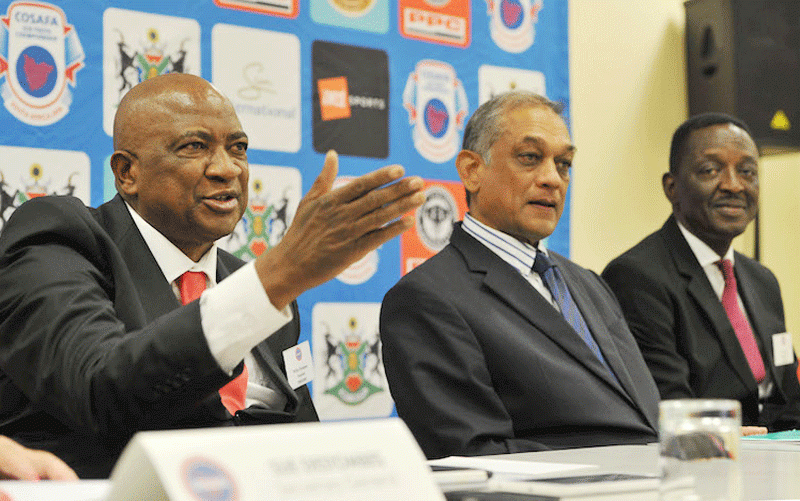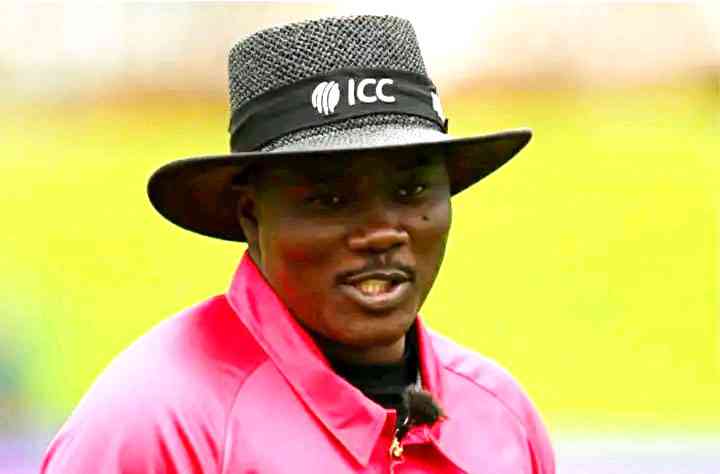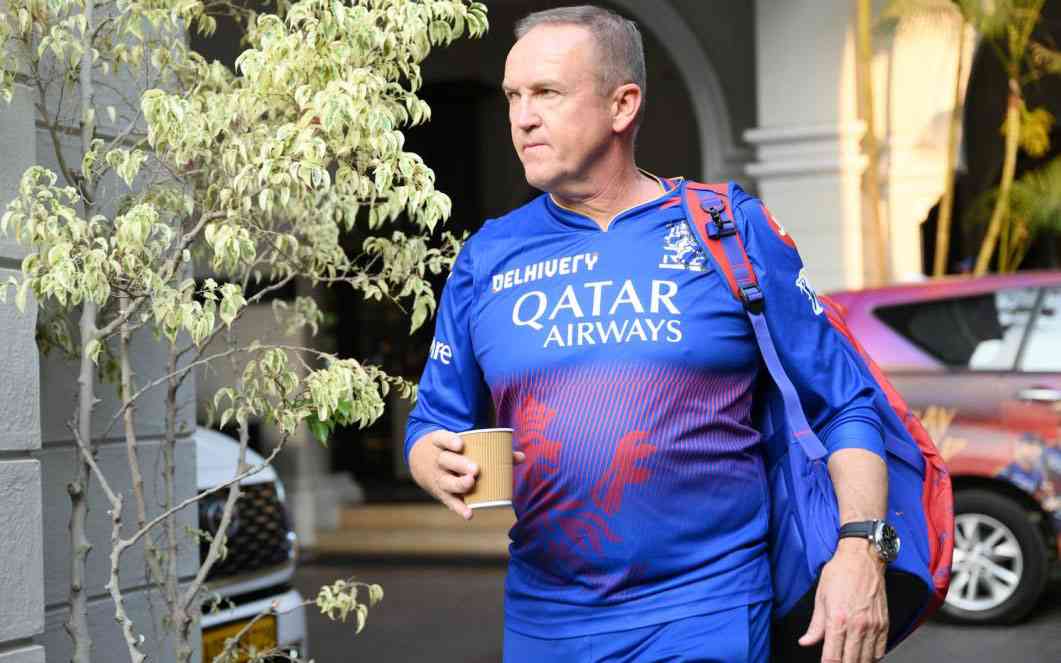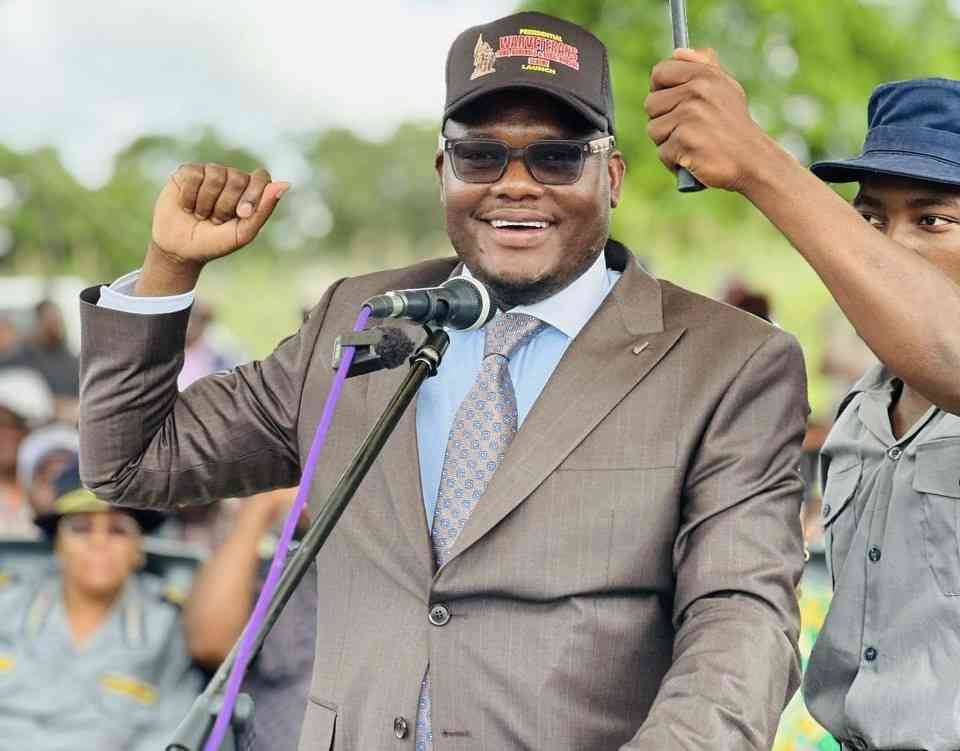
When one looks at the disastrous path Zimbabwean football has travelled over the past 11 years—and where it stands today—one begins to wonder why the game did not afford Phillip Chiyangwa more time in office.
The game is currently in a total mess and the man who appeared to have a clear plan was rejected by the Zifa congress on December 16, 2018.
This rejection, which looked like an organised protest vote in favour of Felton Kamambo, seems, in hindsight, to have cost our football dearly.
Surely, Zimbabwe and the Warriors could have reached greater heights had the Zifa congress not chosen short-term greed over the long-term vision.
While Chiyangwa's assumption of the Zifa office might have been controversial—with some citing a dubious football background—he was, upon reflection, an effective football administrator who gave our game a vital sense of direction.
His reign may not have been milk and honey, but it proved to be the best for the Warriors. It was marked by excellent coaching appointments and an enabling environment for the national team.
Kalisto Pasuwa was appointed and, under Chiyangwa's tenure, qualified Zimbabwe for Afcon 2017.
Chiyangwa then appointed Sunday Chidzambwa, who took Zimbabwe to Afcon 2019.
- Village Rhapsody: 2022 Afcon: What’s in it for Warriors?
- Village Rhapsody: 2022 Afcon: What’s in it for Warriors?
- Mapaya disappoints at World Athletics Champs
- Sprinter Matiyenga fails to reach semi-finals
Keep Reading
Crucially, Chiyangwa ensured that his coaches were well-catered for, with their salaries and upkeep, along with player winning bonuses, facilitated by Harare businessman Wicknell Chivayo.
It must also be placed on record that it was Chiyangwa who persuaded Chivayo to pay the US$68 000 debt owed to former Warriors coach Tom Saintfiet. This settled the liability that had seen Zimbabwe barred from participating in the 2018 World Cup qualifiers.
With Chivayo's consistent support, the Warriors never had cause to complain over non-payment of bonuses and appearance fees during Chiyangwa’s tenure.
The team was, in fact, one of the best-catered-for sides in terms of allowances at the Afcon 2017 tournament.
What made Chiyangwa special was his approach to the team.
He and his vice, Omega Sibanda, cultivated a brotherly relationship with the Warriors, regularly visiting them in training and in camp—a simple gesture that boosted morale.
Unlike other Zifa leaders, Chiyangwa knew and accepted his lack of in-depth football knowledge.
He made time to listen to those with expertise and leveraged their know-how.
His commitment was also visible in his frequent attendance at Castle Lager Premier Soccer League matches, a practice his successor, Felton Kamambo, ignored, and which the incumbent, Nqobile Magwizi, does only selectively.
Chiyangwa's decisiveness was another standout trait. He never operated under a system of patronage and those who know him will attest that he did not tolerate bootlickers or hangers-on.
He was a bold decision-maker to the extent that had he been in office right now instead of Magwizi, Michael Nees would have likely been fired as Warriors coach long ago, irrespective of the consequences.
We are not stating that Magwizi is a failure, but we advise him that a football leader must learn to make strong, decisive calls regardless of what happens thereafter.
Perhaps the biggest lesson Chiyangwa left for Zimbabwean football is the need for a committed and dedicated Zifa president—not one who holds a demanding full-time job elsewhere.
The disastrous paths travelled under Cuthbert Dube (employed by Psmas) and Felton Kamambo (a manager at GMB), and the warning signals flashing under Magwizi (employed by Sakunda Holdings), highlight this reality.
If Magwizi is to reverse the current trajectory, he must stop spending time in pursuit of useless MoUs and instead focus on boosting his knowledge of the domestic game.
He must also learn from Chiyangwa that football leadership is not a one-man show but a task that requires sharing responsibilities.
As we conclude, the Chiyangwa story serves as a stark example of how Zimbabwean football has repeatedly rejected capable leaders in favour of those without direction—all because of short-sighted greed and a penchant for money.
- For your views, comments, and suggestions, email [email protected] or WhatsApp on 0773 266 779.











